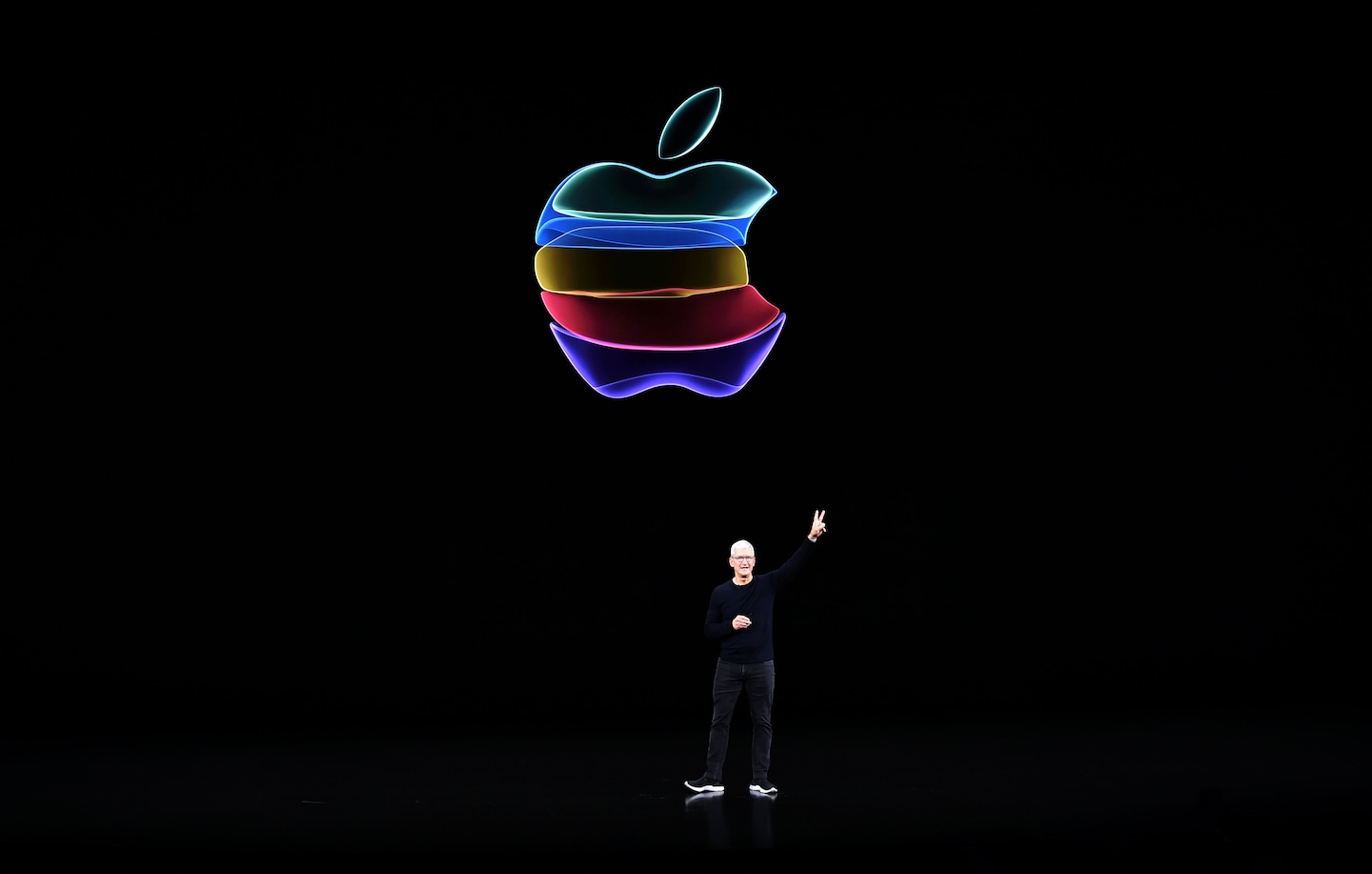Apple hits $2 trillion in market valuation, making it the first U.S. public company to reach that milestone

Being valued at $2 trillion also highlights how far the company has come since the death of Jobs in 2011. While Jobs was considered a visionary, current CEO Tim Cook, who succeeded Jobs, has managed to increase the value of the company more than some ever thought possible.
At the same time, Apple is facing regulatory head winds, as European officials and lawmakers in the United States scrutinize the company’s power and investigate whether it has behaved anticompetitively, harming innovation and competition in the process.
Regulatory pressure hasn’t spooked investors, and there’s historical precedent to back them up. Microsoft faced antitrust lawsuits in the 1990s and saw its stock price increase. Companies that are broken up often become even more valuable.
Apple did not respond to a request for comment.
Apple’s business revolves around its most iconic device: the iPhone. And in recent years, sales of the iPhone have leveled off, especially in China, where economic and political turbulence have raised questions about Apple’s future there. But in the most recent quarter, Apple saw sales of iPhones accelerate, due in part to the release of a lower-cost iPhone SE.
Investors have been looking for Apple to increase its “install base,” or the number of people who own its devices. As more customers are sucked into Apple’s orbit, the company can sell more services, such as iCloud storage or Apple Music subscriptions. And it can sell accessories that tether to the iPhone, such as the Apple Watch.
Last month, Apple announced it did $26 billion in iPhone sales during the most recent quarter, up slightly from the previous year. That was a significant feather in the company’s hat, considering sales of the devices had been steadily slowing. Coupled with lower expectations due to the coronavirus, the news sent Apple’s stock up sharply.
During Cook’s nine years at Apple’s helm, he’s earned a reputation as one of the great CEOs in history, increasing the company’s value fivefold. If Cook has faced criticism, it has been for his reputation as a manager rather than an innovator.
Rather than focus on creating new consumer products, Apple under Cook’s leadership has deftly managed to find ways to lock consumers into its growing orbit. As mobile phones become more essential in the daily lives of ordinary consumers, they’re forced to periodically upgrade their iPhones when the batteries wear out or the phone’s processor can no longer keep up with the latest app updates.
Apple has shown investors that it can earn money in other ways — namely, services. As its customers snap more pictures, Apple sells cloud storage, slowly increasing rates as customers take more and more pictures. Apple’s version of Spotify — called Apple Music — is now a major player in music streaming, thanks to Apple’s ability to promote the service to its customers and pre-install the software on all iPhones. It earned $13 billion in services last quarter, up from $11 billion the previous year.
Apple’s competitors — Spotify included — would like to see the playing field for services on the company’s iOS leveled. Last week, Epic Games sued Apple for alleged antitrust violations, after Apple removed Epic’s popular Fortnite video game from the Apple App Store. Epic claims Apple’s rule, requiring all companies on its App Store to use Apple’s payment system, constitutes a violation of U.S. law. And Epic says its 30 percent fee Apple charges for all goods and services sold on the platform is exorbitantly high because of the company’s monopoly.






